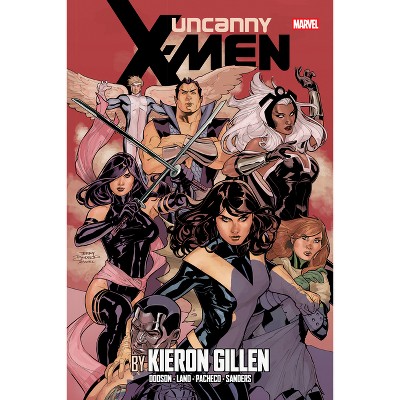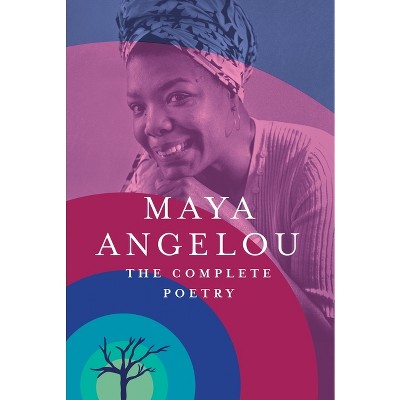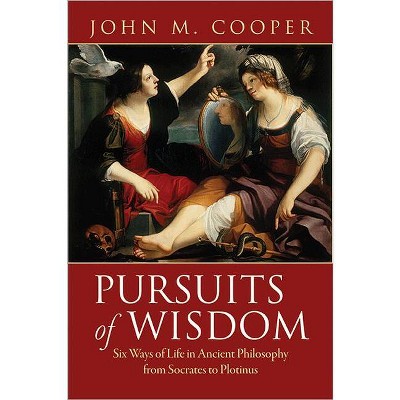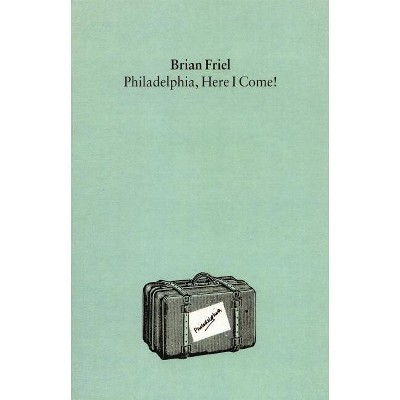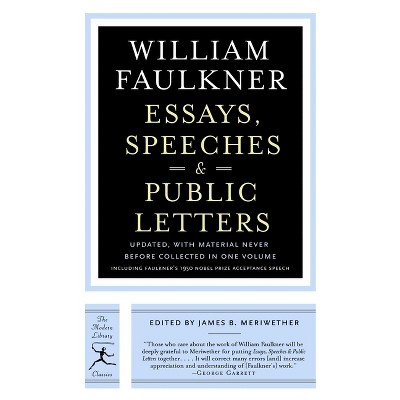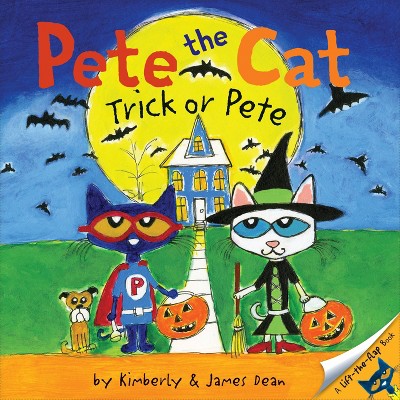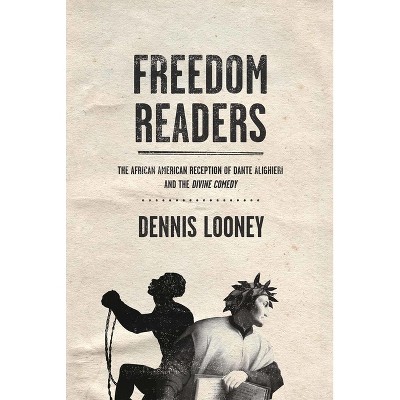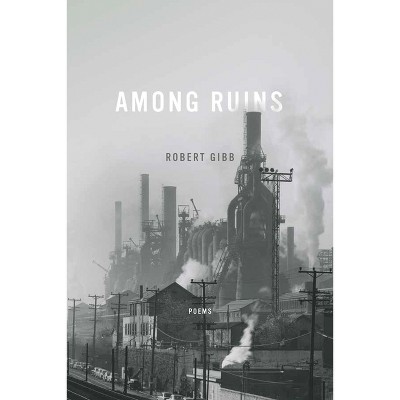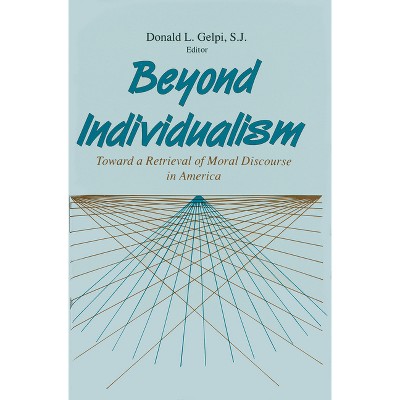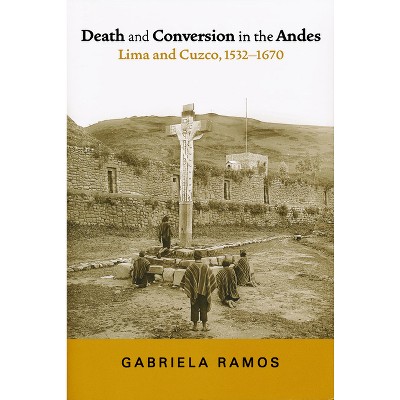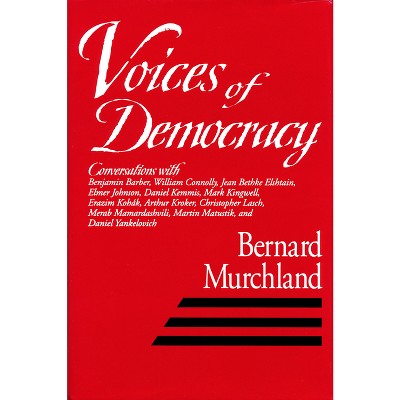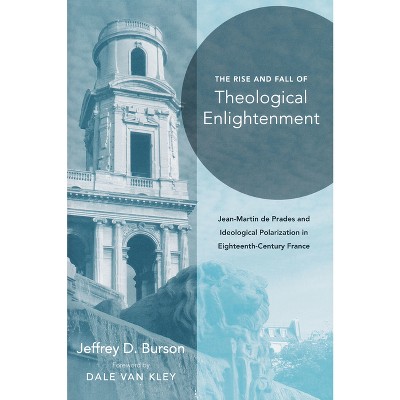Sponsored

Three American Poets - by William Spengemann (Paperback)
In Stock
Sponsored
About this item
Highlights
- In Three American Poets, William C. Spengemann describes the very different sorts of poetry Whitman, Dickinson, and Melville wrote, their comparable reasons for writing as they did, and the posthumous critical effects of their having done so.
- About the Author: William C. Spengemann is the Patricia F. and William B. Hale, 1944, Professor in Arts and Sciences Emeritus at Dartmouth College.
- 244 Pages
- Literary Criticism, Poetry
Description
About the Book
Describes the different sorts of poetry Whitman, Dickinson, and Melville wrote, their comparable reasons for writing, and the posthumous critical effects of their having done so.
Book Synopsis
In Three American Poets, William C. Spengemann describes the very different sorts of poetry Whitman, Dickinson, and Melville wrote, their comparable reasons for writing as they did, and the posthumous critical effects of their having done so.
By linking these utterly singular poets and their work--verse connected by shared qualities of oddity, complexity, and difficulty--Spengemann illuminates the poets' efforts to create verse equal to the demands of a changing nineteenth century. All three responded to a widespread sense of loss--loss, above all, of Christian understandings of the origins, nature, and purpose of human existence, both individual and collective. All three, too, regarded poetry as the sole means of dealing with that loss and of comprehending not only a changing world but the old world from which the new one had departed, and hence the connections between the vanished, discredited past, the baffling present, and the as yet inscrutable future.
Spengemann suggests that the poetic eccentricities of Whitman, Melville, and Dickinson arose directly from their use of poetry as a vehicle of thought; each devised a poetic language either to attempt to recover a lost sense of assurance threatened by the collapse of traditional faith or to discover an altogether new ground of knowledge and being. Spengemann guides us in parsing their respective poetics with masterful readings closely attuned to diction, syntax, meter, and figure. His authoritative and empirical descriptions of the poets' verse and their respective characteristic aesthetics afford us heightened access to the poems and the pleasures peculiar to them, in the process making us better readers of poetry in general.
Review Quotes
"Three American Poets reexamines the poetry of Whitman, Dickinson, and Melville, considering the unique contribution made by each to American letters and finding in their poetics the origins of American modernism." --American Literature
"In this enticing study, Spengemann argues that Whitman, Dickinson, and Melville all respond to the breakdown of a cohesive structure of religion in the culture and turn to poetry to provide a faith in the world. The author excels at close readings of all three poets' formal structures, but his reading of Melville elevates him into the Whitman/Dickinson pantheon. For the most part an homage to teaching poetry, this volume lays out the language and structure and allows readers to arrive at their own conclusions." --Choice
"In three erudite essays, one on each poet, Spengemann acknowledges Whitman, Dickinson, and Melville's different styles but says that 'all three wrote . . . for the same reason: in reaction to ever mounting assaults - scientific, philosophical, historical, political--on Christian understandings of the origin and purpose of human existence.'" --The Emily Dickinson International Society Bulletin
About the Author
William C. Spengemann is the Patricia F. and William B. Hale, 1944, Professor in Arts and Sciences Emeritus at Dartmouth College. His books include The Forms of Autobiography, A New World of Words, and two Penguin editions, Nineteenth-Century American Poetry and The Portable Hawthorne.
Shipping details
Return details
Trending Paperback Books


